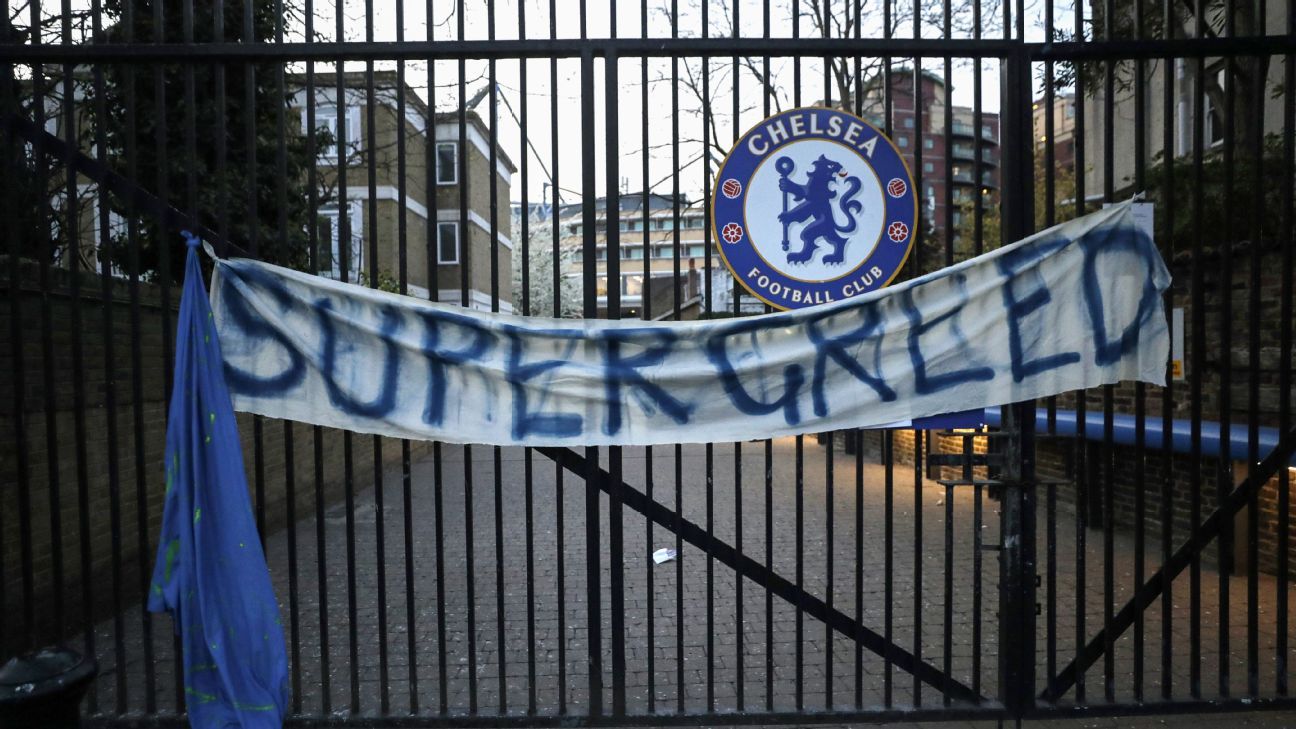
One of the army of public relations folks hired by the 12 clubs behind the Super League notified media late Tuesday that, after an emergency meeting, the project was "suspended." Yeah, suspended by a thread over a giant pit of derision, incompetence and failure.
- Super League chaos as English clubs withdraw
- Woodward resigns as Man United chief executive
- Olley: Scene from Chelsea as fans rejoice Super League exit
By that point, five of the 12 "founder" clubs had issued statements that they were withdrawing from the competition. Another, Chelsea, withdrew within minutes. Reports elsewhere said AC Milan, Internazionale and Atletico Madrid had also opted to quit. Barcelona were reportedly on the brink.
Who was left? Juventus, who had to deny reports that chairman Andrea Agnelli had resigned. And Real Madrid. Their president, Florentino Perez, had been among the biggest cheerleaders -- he was also the Super League's chairman -- and, 24 hours earlier, had talked about how clubs would be "dead" without it and how it would save football.
He was scheduled to appear on Spanish radio to continue his charm offensive on Tuesday evening. He was a no-show. (Reportedly, he will appear Wednesday night instead.) Thus ended the most remarkable 48 hours -- from the statement announcing the birth of the Super League on Sunday night, to the mass defections two days later -- most in football can remember.
A sport that was supposed to be revolutionised by 15 of the world's biggest clubs setting up, running and, crucially, owning their own competition for the next 23 years (the length of their commitment in the contracts they signed), had suddenly returned to some semblance of normality. And the football world woke up to the reality that power doesn't just rest with the biggest, best and wealthiest teams. It's also in the hands of the institutions, players, governments, coaches and, yes, fans.
Ogden: Woodward's resignation confirms Super League humiliation
Mark Ogden says Ed Woodward's resignation confirms the humiliation brought on Manchester United.
Q: So what swung it in the end? It was the fans, right?
A: The optics were evident at Leeds United vs. Liverpool on Monday night and Chelsea vs. Brighton on Tuesday. We saw Liverpool fans travel to the match, stand outside (Premier League games remain closed to fans due to the pandemic) and protest loudly alongside Leeds supporters. On Tuesday, more than 1,000 Chelsea fans blocked traffic outside of Stamford Bridge, disrupting the team bus to the point that club legend-turned-executive Petr Cech had to come out to calm them down. Moments later, Chelsea had reportedly opted out.
Those were powerful scenes, particularly after 48 hours during which reaction from media and supporters in most countries was overwhelmingly negative. But you can't discount the reaction from players and managers. On Monday night, Liverpool boss Jurgen Klopp talked about how he hadn't been aware of it until the news broke. Manchester City's Pep Guardiola, talking about the guaranteed spots (and revenue) for the "founder" clubs, said on Tuesday that "it is not a sport when success is already guaranteed. ... It is not a sport when it doesn't matter whether you lose."
Players from Bruno Fernandes and Marcus Rashford at Manchester United to the entire Liverpool squad came out against it on social media. And these were all people employed by "founder" clubs. You can imagine the others.
That said, there were a lot of moving parts. And they most definitely got off on the wrong foot.
Q: Like what?
A: The initial damage, I think, came on Monday when Borussia Dortmund, Bayern Munich and Paris Saint-Germain -- three clubs that hadn't yet signed on but were assumed to be part of the plan since three "founder spots" had been left open -- ruled themselves out. That was a big blow, because a Super League without two of the biggest and wealthiest economies in Europe was always going to be a tougher sell to prospective sponsors and broadcasters.
On that same day, UEFA President Aleksander Ceferin came out strongly against the rebel clubs that, just 72 hours earlier on Friday, had voted to approve UEFA's Champions League reforms. He called out by name people such as Agnelli and Manchester United's executive chairman Ed Woodward, using words including "snakes" and "liars." And he vowed to stand by the statement -- jointly released 24 hours earlier with the backing of leagues and federations in Italy, Spain and England -- stating that rebel clubs would be kicked out of their domestic leagues and their players barred from international competition.
He also set to work rallying institutions including the European Union and politicians such the Prime Ministers of the United Kingdom and Italy, as well as the president of France. The goal was to turn up whatever regulatory heat they could, particularly in terms of the 12 clubs' continued participation in the domestic leagues.
And when, on Tuesday, UEFA received the backing of FIFA President Gianni Infantino, who reiterated that competitions had to be run on merit, it was another milestone. Ceferin and Infantino had been serious rivals in the very recent past, whereas the FIFA president is close to Real Madrid boss Perez. Some feared FIFA might "triangulate" with the clubs to undermine UEFA, but on this occasion they stood shoulder to shoulder.
Q: These are big clubs led by smart, successful men. How could they get this so wrong?
A: Three ways.
First, they failed to "read the room." They completely misjudged what the reaction would be, from fans to media to politicians to UEFA. They expected pushback, but not to this level. One example: By Tuesday night, Liverpool legend Jamie Carragher was on television saying that owners Mike Gordon and John W. Henry should consider selling the club rather than show their face in Liverpool again. And this is an ownership group that, until last week, had been adored, partly for bringing the Champions League and Premier League titles back to Anfield, and partly for the way they were so mindful of being in tune with the spirit and mentality of their fans.
Second, they got the timing wrong. Voting to approve something on Friday (after a very long and tense negotiation) and then releasing a statement disavowing it on Sunday is not a good look. It humiliated UEFA, and made them look two-faced and untrustworthy. Had they made their announcement a month earlier and used it as a basis for negotiations, it might have been a different story. Doing it this way simply stoked more anger, and that was especially important because their plan was only going to work with UEFA's green light whether they were strong-armed into it or not. Remember: It was a 20-league team, with 15 permanent "founder" members and five qualifying via UEFA competitions and domestic leagues.
Football fans prove they have a voice as Super League crumbles
Craig Burley credits football fans around the world for their role in pressuring clubs to withdraw from the Super League.
Third, they made no attempt to win over hearts and minds by making a case for the Super League. Other than Perez' appearance on Monday night, when he talked about how younger generations didn't enjoy football as much because the games "took too long," and how it was necessary to innovate and evolve, and how the Super League would be more entertaining, we got nothing. Nobody involved with the clubs spoke out. Nobody put their face to it.
Q: Did they have a compelling case to make, though?
A: It depends on your point of view. The pandemic obviously hit football very hard, like all sports, with estimated losses of $6.5 to $8.5 billion, and the rebel clubs -- who have bigger stadiums and bigger sponsorship deals -- bore the brunt of those losses. Some felt that because those clubs generate most of the money, it was only fair that their slice of revenues grew even further to reflect this and help see them through.
The argument was that a Liverpool or a Real Madrid cutting back on spending was going to damage the sport as a whole more than, say, a Genk or a Dinamo Zagreb cutting back. And they felt that they could do a better job than UEFA at controlling the commercial aspects, selling the game to sponsors and broadcasters. Finally, they were wiling to share some of those profits, pledging an estimated $10 billion over the next 23 years in "solidarity payments."
Would that have moved the needle? We don't know, because we never heard it.
Q: Were those valid arguments?
A: Some might have found them valid. Others would have pointed out that because they keep talking about how this is a business, well, when a business suffers losses, it's normal for the owner to either put his hand in his pocket and inject more equity or cut costs. That's the thing about sports: More than half your costs are labor costs, and every year, a quarter to a third of your players become free agents. And because players are fungible, you can replace high earners with cheaper players.
As for whether this formula was more attractive or more lucrative, who knows? What we do know is they never presented any evidence, nor did they ever tell us how they would distribute their solidarity payments.
Q: So will they be welcomed back, and will everything be fine and dandy?
A: They'll come back. The Champions League and UEFA need them, and vice versa. They do have a point that serious reform is necessary, particularly when it comes to governance and cost control.
Financial Fair Play helped turn a $1.8 billion cumulative loss a decade ago into a profit in the last two years before the pandemic, but enforcement was lax in some cases, too rigid in others. And it didn't do enough to address issues such as debt.
There has to be a better way to contain costs, which basically means bringing player wages in line with revenues. That has to be a priority, and it's something clubs will need to thrash out with UEFA. More transparency wouldn't hurt either, on all sides. You had clubs spending hundreds of millions while their finances were a disaster. That's not sustainable.
But at least they'll be working together now, mainly because they have no choice. And just as important, the game is left with more faith in the power of institutions and supporters. Institutions aren't flawless -- witness the scandals of FIFA six or seven years ago, or UEFA's handling of racist incidents -- but they at least comprise people who are voted in (and can be voted out) and have a mandate to look out for the greater good. The clubs' first loyalty is to themselves. It's the checks and balance between the two that keep the system working.
As for supporters, we were reminded of the awesome power they can wield even when, as seemed to be the case here, their clubs treat them purely as customers. And how when supposedly sharp business minds ignore one of the first rules of business -- know who you're selling to, and know what they want -- there's a stiff price to pay.


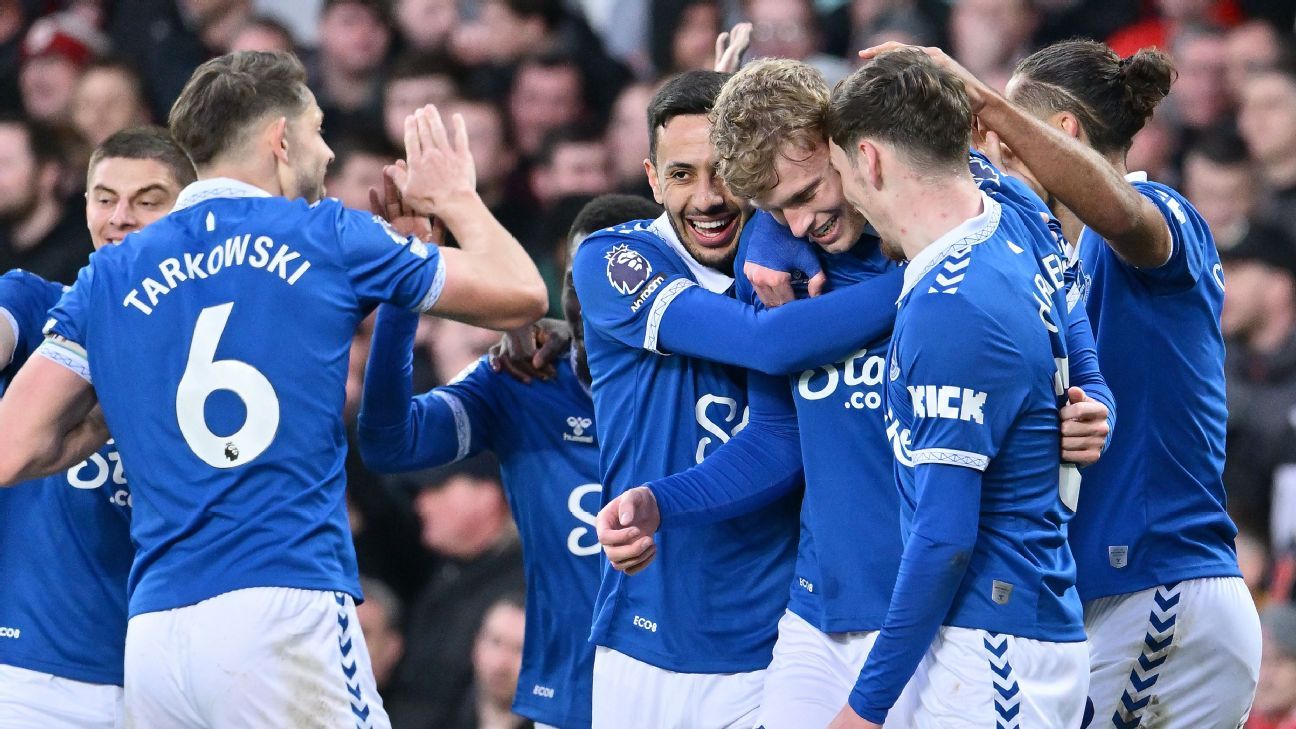
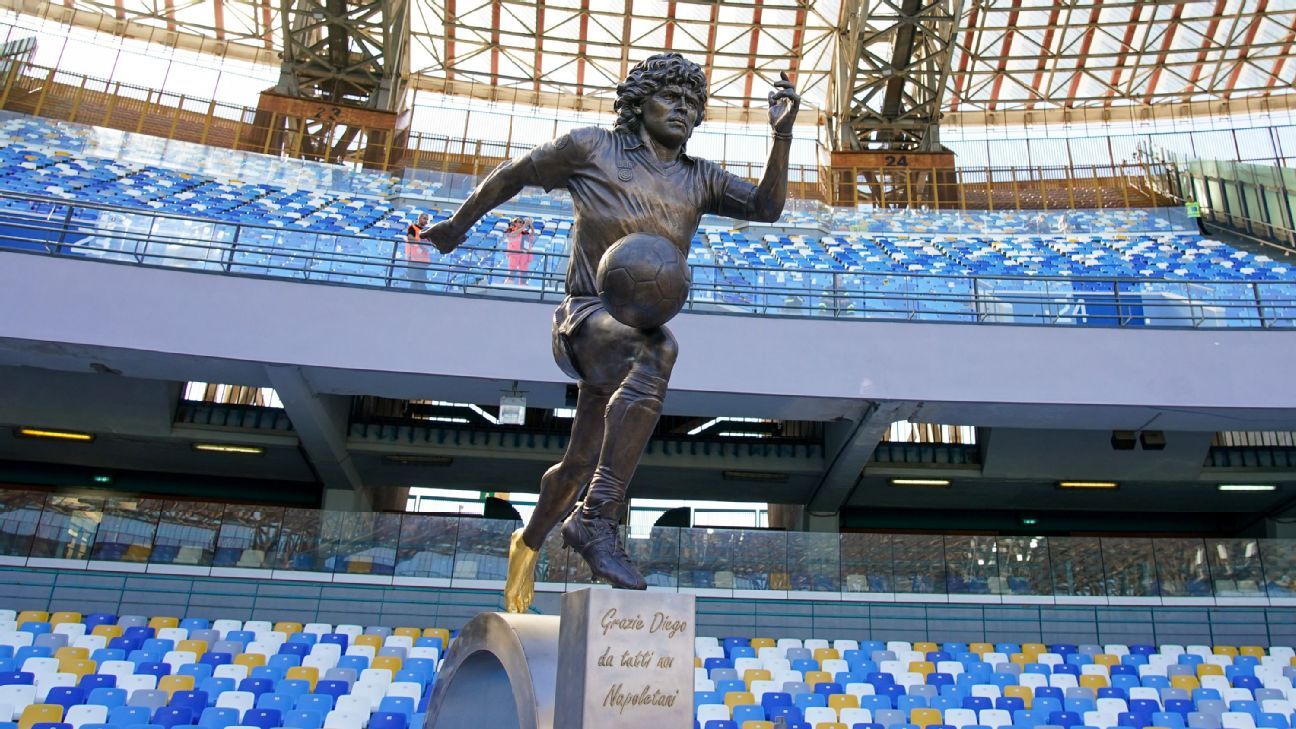
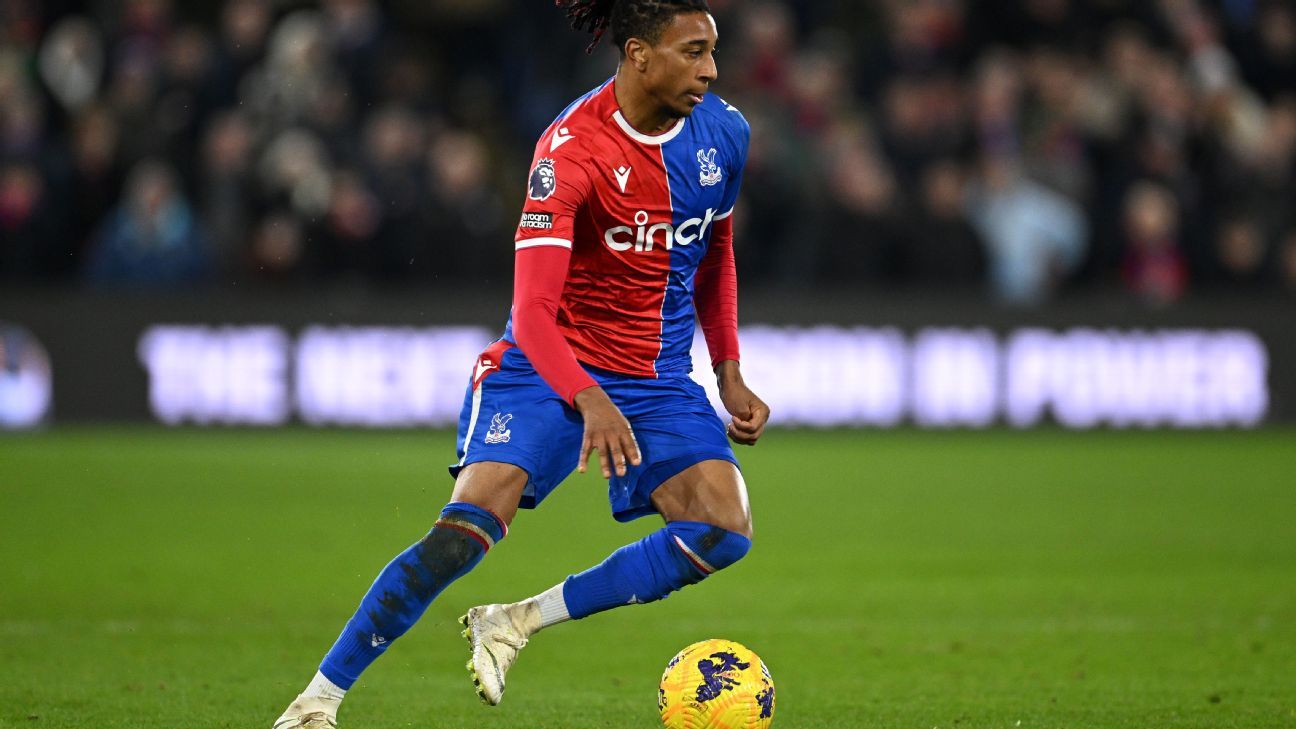





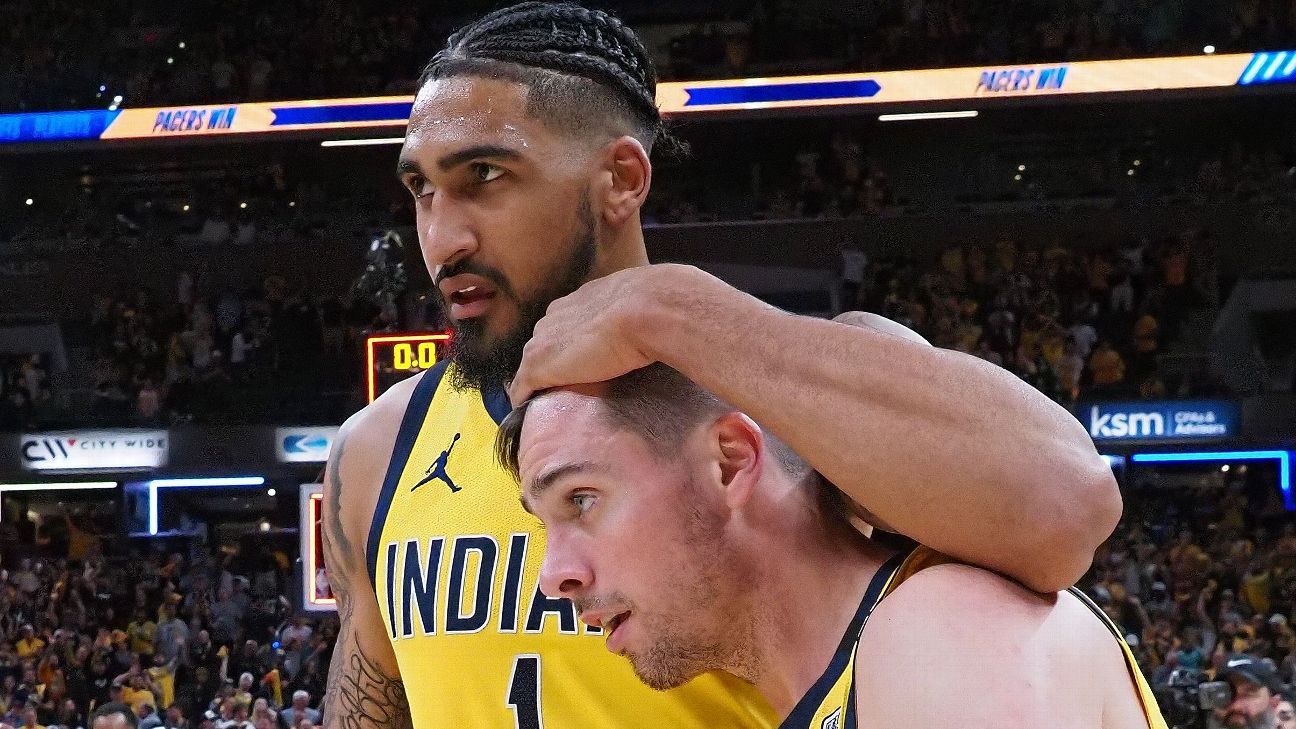
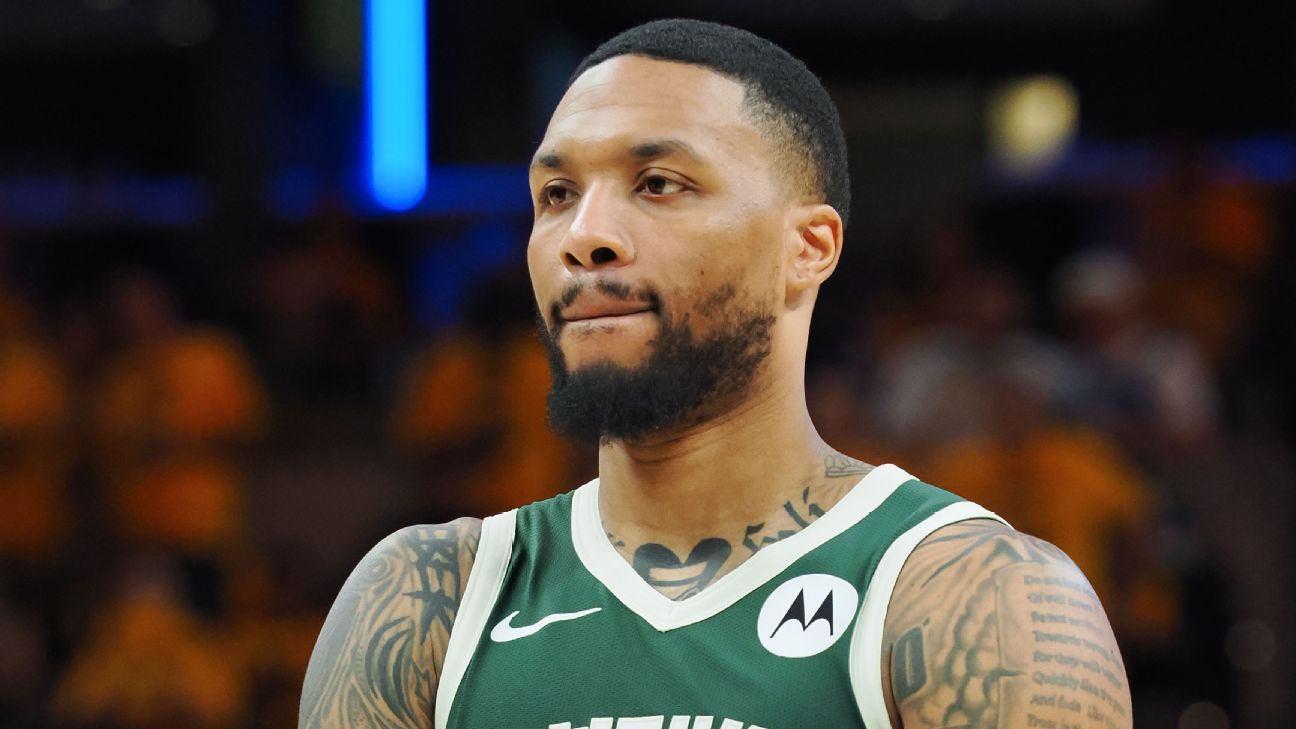
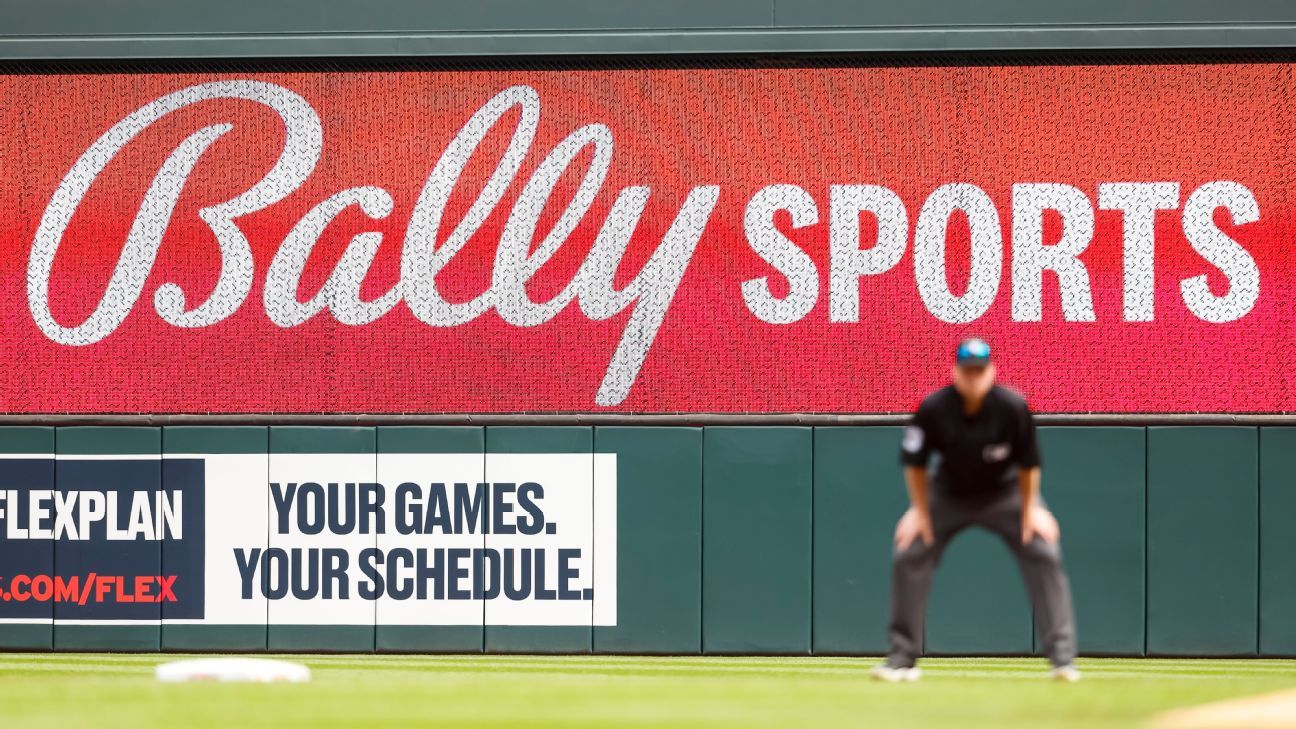
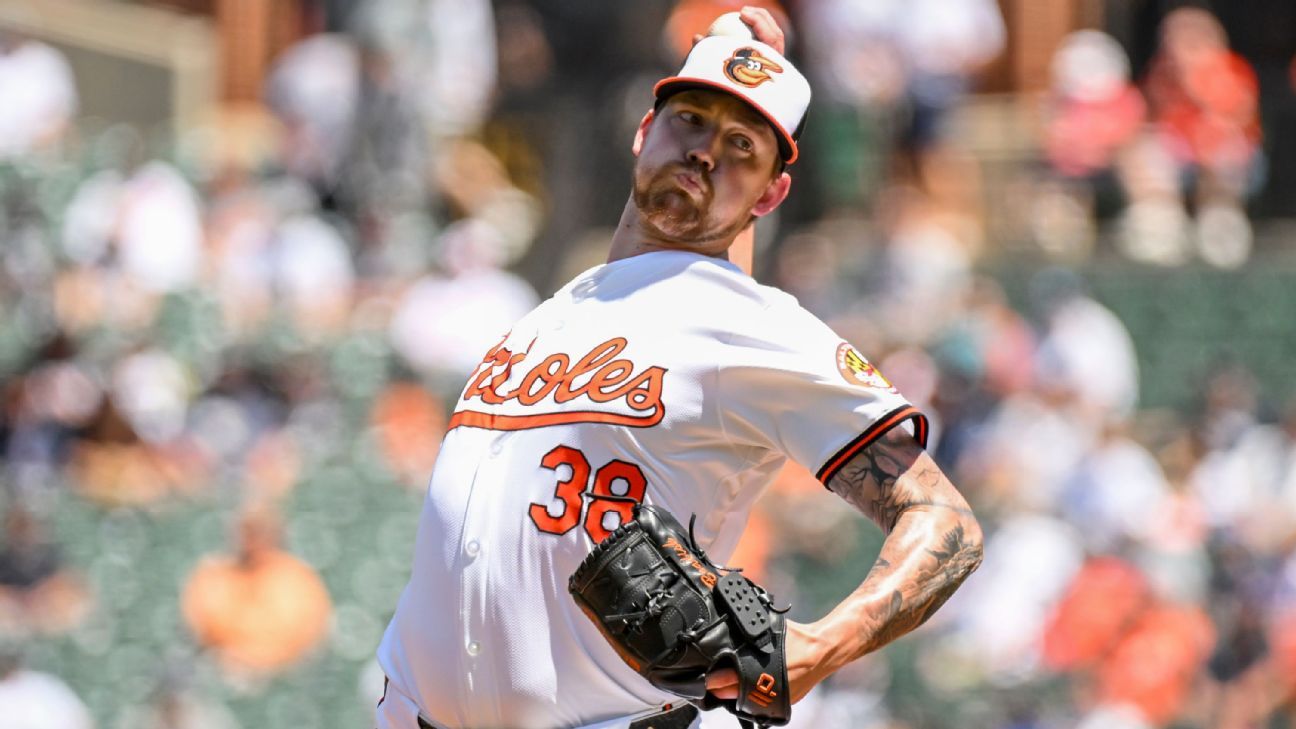

 Phone: (800) 737. 6040
Phone: (800) 737. 6040 Fax: (800) 825 5558
Fax: (800) 825 5558 Website:
Website:  Email:
Email: 






